The Professor Who Mastered Roulette: The Astonishing Tale of Dr. Richard Jarecki
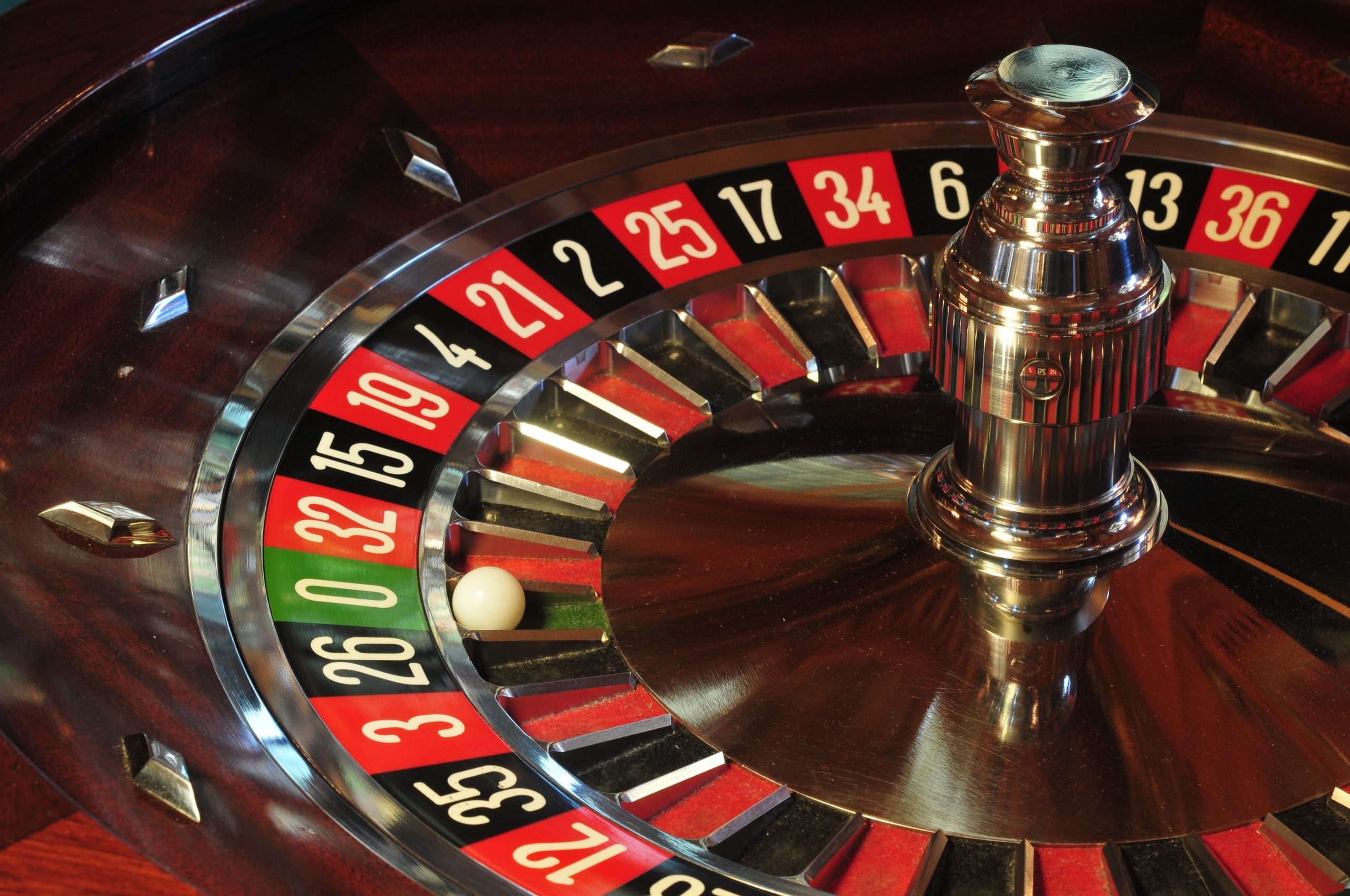
The Enduring Fascination with Roulette
For over two centuries, roulette has captivated gamblers worldwide with its blend of luck and intrigue. The spinning wheel and tumbling ball have inspired countless players to chase the dream of outsmarting the odds. Despite bold claims of foolproof roulette systems, statistical reality has always favored the house. Yet, in one remarkable case, a brilliant individual truly managed to turn the tables-at least for a time.
Meet Dr. Richard Jarecki: The Genius Who Defied the Casino
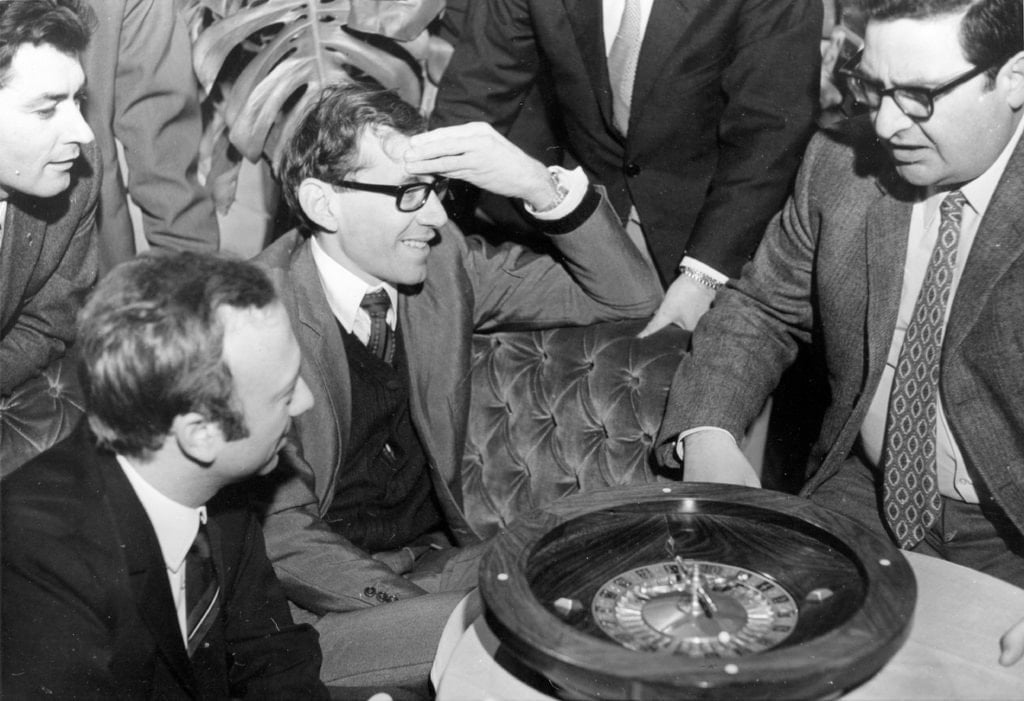
Dr. Richard Jarecki, a medical professor, stunned the casino world by doing what countless others only imagined: consistently winning at roulette. His story-spanning continents, decades, and millions of dollars-proves that extraordinary minds can sometimes crack even the most secure systems.
Why the Odds Seem Unbeatable
Roulette is designed to ensure that, over time, casinos always hold an advantage. The secret lies in the wheel’s green zero. On European roulette wheels, there’s a single zero; American versions add a double zero. Players win 35 to 1 for a single-number bet, while the actual chance is 1 in 37 (or 1 in 38 in the U.S.), so the payouts never truly match the real odds. This slight discrepancy creates the house edge-a mathematical guarantee that no simple betting system can overcome. But what if the game itself isn’t as random as it appears?
Early Years: A Prodigy with a Passion for Probability
Born in Germany in 1931, Richard Jarecki escaped to the United States with his family before World War II, settling in New Jersey. Blessed with a photographic memory and an aptitude for numbers, Jarecki grew up excelling at games of skill and chance. Even after becoming a doctor, his fascination with roulette drove him to search for patterns where others saw only luck. By the early 1960s, he was determined to unlock the secrets of the wheel.
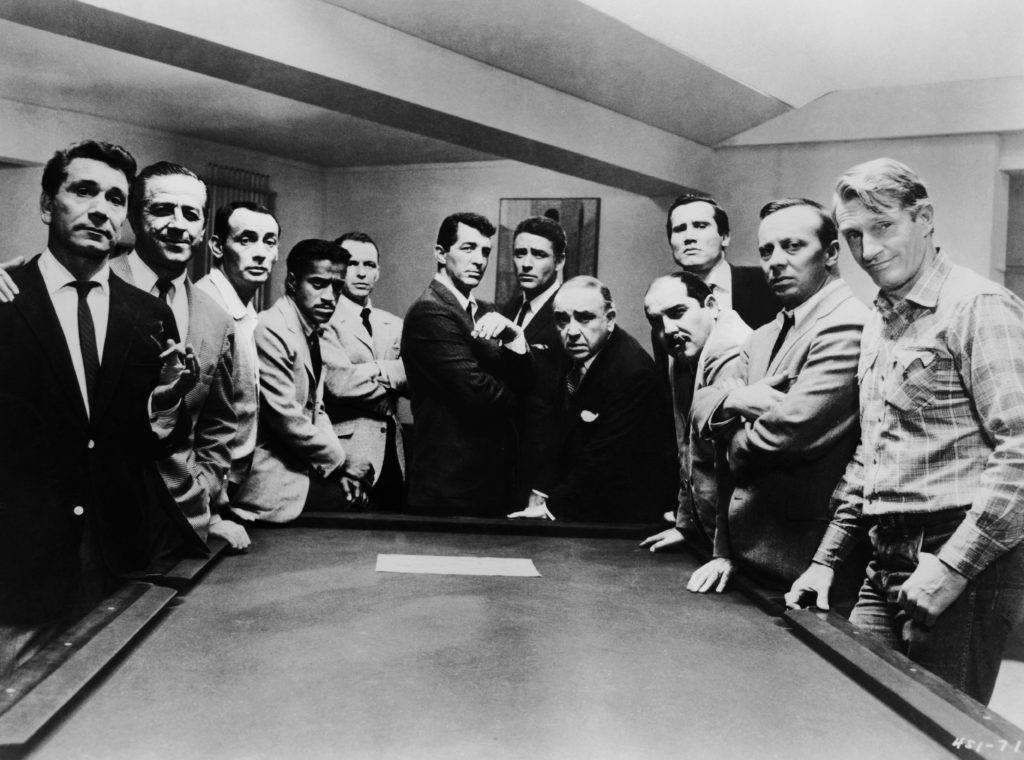
Uncovering Physical Flaws: The Key to Beating Roulette
Jarecki’s strategy was rooted not in betting systems, but in exploiting imperfections. He noticed that while casinos frequently replaced cards and dice, roulette wheels often remained in use for years-even decades. With time, these heavy, mechanical objects developed subtle defects: tiny chips, grooves, or imbalances that could influence spinning outcomes and cause certain numbers to appear more often than random chance would dictate.
Confirming his hunch required exhaustive research. Assisted by his wife and a small team, Jarecki painstakingly recorded thousands upon thousands of spins at various casinos. Detailed data analysis revealed that some wheels did, in fact, have biases-certain numbers emerged with statistically significant frequency.
The Evolution of Wheel Bias Exploitation
The concept of exploiting wheel bias wasn’t entirely new. In the 1880s, Englishman Joseph Jagger famously "broke the bank" at Monte Carlo by identifying a faulty wheel, winning the equivalent of a fortune. Others, such as Albert Hibbs and Helmut Berlin, made similar attempts in the 20th century. What set Jarecki apart was his methodical, scientific approach-fueled by modern statistics and relentless analysis.
After months of work, Jarecki risked his savings on the wheels he’d studied. With just $100, he rapidly transformed a small stake into $5,000 in one session-a result that caught the attention of the international press.
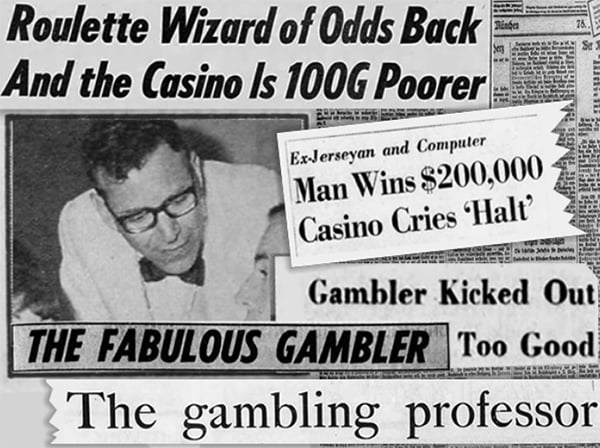
High-Stakes Success Across European Casinos
In the mid-1960s, Jarecki relocated to Germany to further his medical studies at the University of Heidelberg. This move placed him near historic European casinos, whose old wheels were ripe for analysis. Unlike American roulette, European tables feature only one zero, reducing the house edge to 2.7%. Jarecki and his collaborators expanded their efforts, sometimes cataloging up to 20,000 spins in a single month.
Putting his findings into action, Jarecki turned an investment of $25,000 into $625,000 over just six months in 1964. His exploits soon became legend, and European casinos grew wary of the enigmatic doctor cleaning up at their tables.
San Remo: A Fortune and a Battle with the Casino
Jarecki settled in the Italian resort town of San Remo, home to one of Europe’s classic casinos-and its aging wheels. In 1968, he won $48,000 during a three-day visit, then returned months later to claim another $192,000 in a single weekend. After being temporarily banned, he came back to win an additional $100,000. In desperation, the casino's management replaced all 24 roulette wheels at immense cost, with the director famously describing Jarecki as "a menace to every casino in Europe." Jarecki’s own retort became part of gambling lore: “If casino directors don’t like losing, they should sell vegetables.”
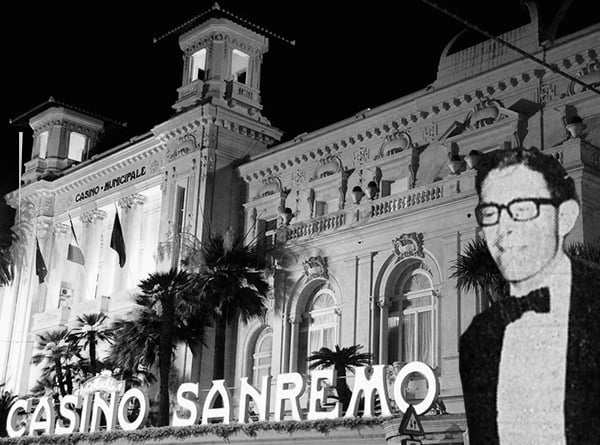
Can Roulette Still Be Defeated?
The exploits of Dr. Jarecki naturally raise the question-could someone replicate his success today? Modern casinos have dramatically improved their vigilance, now routinely inspecting and replacing roulette wheels to prevent bias. Manufacturers also employ technological advances to guarantee precision and fairness, leaving virtually no room for physical exploitation.
For the foreseeable future, consistently beating roulette by tracking wheel defects is no longer feasible.
Legacy and Life Beyond the Casino
By 1969, Jarecki had amassed a fortune estimated at $1.25 million from his singular roulette strategy. He eventually returned to New Jersey, where he reinvented himself as a commodities broker, reportedly earning multiples of his casino winnings. Jarecki later retired to Manila, passing away in 2018 at age 86, leaving behind the remarkable legacy of the man who, for a brief window in history, outsmarted the wheel.













